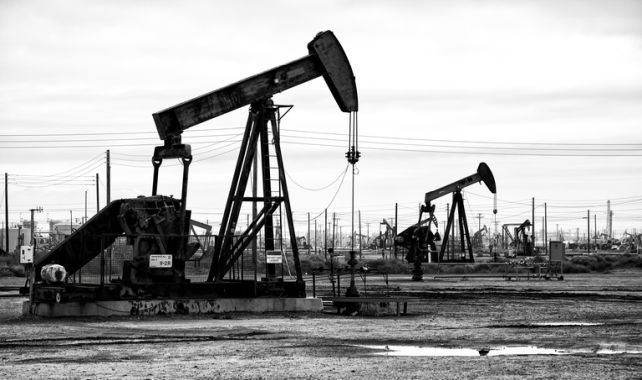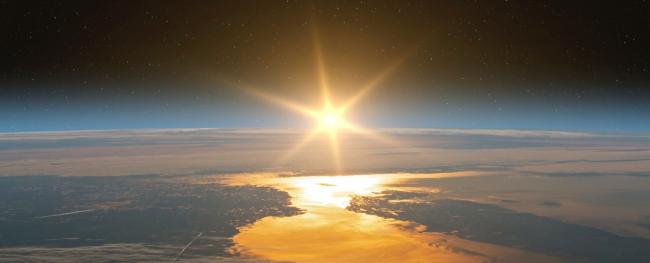The impact of human activity on the Earth system could result in unpredictable chaos from which there is no return, physicists have calculated.
Using a theory conceived to model superconductivity, a team of physicists led by Alex Bernadini of the University of Porto in Portugal showed in a preprint paper this year that, after a certain point, we will not be able to restore equilibrium to Earth's climate.
A finite amount of human activity could result in a Hothouse Earth from which there is no return, the research suggests. They detailed their work in a paper made available in April 2022 on the preprint server arXiv, which remains to be peer-reviewed.
"The implications of climate change are well known (droughts, heat waves, extreme phenomena, etc.)," physicist Orfeu Bertolami told Live Science last year.
"If the Earth System gets into the region of chaotic behavior, we will lose all hope of somehow fixing the problem."
For some years now, extreme weather events seem to be occurring more regularly. Wildfires blaze, storms rage, temperatures reach new records. Climate scientists have warned that this is a consequence of human activity, such as the burning of fossil fuels, deforestation, and increases in farming.
This has led to the proposal of a new geological epoch: the Anthropocene, a period in which human activity has led to a significant and marked impact on the entire Earth system, comprised of the geosphere, biosphere, hydrosphere, and atmosphere.

The Anthropocene would follow the Holocene, which started around 11,700 years ago, and scientists propose its beginning around the middle of the 20th century – the peak of the nuclear era. Bernadini and his colleagues decided to model the transition from Holocene to Anthropocene as a phase transition and calculate its future trajectory accordingly.
Phase transitions are very common. The term refers to how a material changes from one state to another. A solid melts into a liquid, a liquid boils into a gas. A metal transitions from a normal state to a superconducting one. Each of these has a tipping point at which an equilibrium state undergoes a profound shift into another state.
The Earth system is not a material, but research shows that phase transition modeling can be used to predict climate shifts with some success. Bernadini and his colleagues used the Ginzburg-Landau theory – developed to model superconductivity – and applied it to the Anthropocene based on temperature, starting at a Holocene equilibrium point.
Now, human influence is limited. Our world has a finite amount of habitable space, a finite amount of resources, and a finite rate at which we can use them. Given this maximum capacity, the researchers decided to map the possible outcomes of the Anthropocene phase transition using a logistic map, a tool to explore how complex outcomes and even chaos can evolve from a simple point.
Their results showed that we're not necessarily headed for certain climate doom. We might follow quite a regular and predictable trajectory, the endpoint of which is a climate stabilization at a higher average temperature point than what we have now. That's… still not great, given the deadly effects we're already seeing on humans and other animals.
But at the more extreme end, Earth runs into havoc. This means that the planet's system evolves into chaotic behavior – extreme seasonal fluctuations and weather events – that precludes prediction of the future behavior of the system, making it impossible to mitigate. That means it would be extremely difficult, if not impossible, to claw our way back to a stable climate.
"Dividing the human activities into its multiple components, we have studied a case with only two of those components following logistic maps and interacting with each other," the researchers write.
"Even for this simple case, we observed the emergence of chaotic behavior in the equilibrium points of the Earth system. This leads to potentially important consequences if at least some components of the human activities actually follow logistic maps, which is a quite reasonable hypothesis, given the physical limitations of the planet-wide system we live in."
This outcome isn't inevitable, which is something of a relief. But, the researchers say we need to consider it a real possibility for designing strategies to mitigate climate change and manage the Earth system in the future.
The team's paper appears on preprint server arXiv.
An earlier version of this article was published in June 2023.

